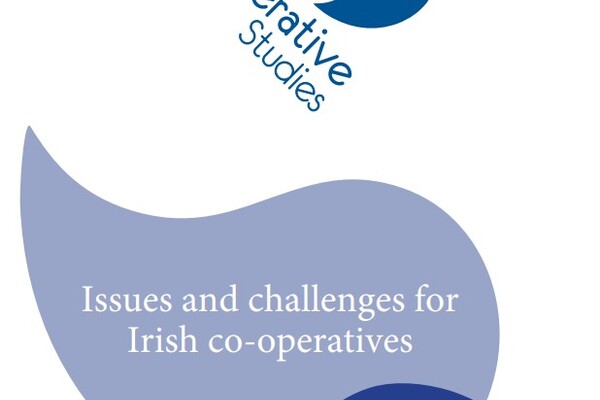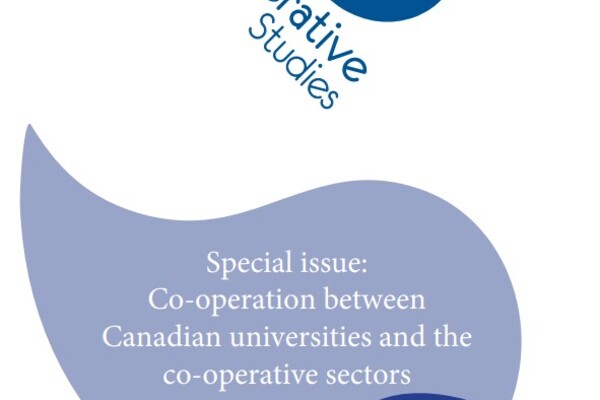Journal of Co-operative Studies, 53(1) - No. 158
Editorial
Jan Myers, pp. 3-4
Peer reviewed articles
Contradictions in Canadian co-operation: A diffusion of innovation approach
Mitch Diamantopoulos, pp. 5-18
ABSTRACT
This paper challenges functionalist notions of Canadian co-operation as a static, ahistorical, monolithic or unitary system, instead focusing on its inherent tensions. Drawing together literature on European and Canadian movement history, diffusion of innovations theory is used to first examine the model’s trans-Atlantic and cross-continental spread. European invention dates are compared to Canadian first-adoption dates, across a range of co-operative models. This situates the Canadian co-operative experience in a comparative, historical, and world-system context. It also illustrates the scope, timescale, and significance of the lag in mutualism’s trans-Atlantic diffusion. The analysis spotlights how its parent movements’ often conflicting traditions gave rise to internal contradictions, such as mutualism’s language-based, bi-national structure. Similarly, Canadian regionalism resulted in a three- wave expansion: across Eastern and Central Canada, in the foundation stage; across the Western frontier as the railway opened the West to settlement; and, most recently, across the North. Finally, the paper addresses settler co-operation’s colonial legacy and the challenge of reconciling with Indigenous communities. Canadian mutualism’s dependent, delayed, divided, and uneven development is thus placed in comparative and critical context.
Keywords: Canadian co-operation; movements; diffusion; innovation
Is this the revival of a co-operatives era in in Albania?
Olta Sokoli and Reiner Doluschitz, pp. 19-30
ABSTRACT
Albania is a country with a specific profile and history, a favourable climate and geographical location, and is continuously building new bridges to improve social and economic life. A careful analysis of history provides awareness of a sustainable path for the future. As a post-communist country, the economy of Albania has gone through many ups and downs. Identified as having a fragmented landstructure and predominantly subsistence farming, it shows the need for intervention in this situation. The co-operative organisation has been one of the victims of historical development. Moreover, due to potential conflicts with the political system, there has been no appropriate opportunity to adapt to the broad concept of co-operation in recent decades. As such, the co-operative phenomenon is still new despite the introduction of new co-operative law to support development of co-operatives in Albania. This paper focuses on farmers’ experiences and identifies elements that are crucial in influencing co-operation among farmers. While some have had a positive experience of being part of a co-operative, for the majority it is still hard to distinguish the communist co-operatives from the democratic and voluntary access/membership co-operatives. This might be one reason that farmers are hesitant to get involved in a co-operative.
Keywords: farm co-operatives; Albania; co-operative development
Short papers
Principles and practice: points of fracture
Jan Myers and John Maddocks, pp. 31-34
Book Reviews
The Detroit Printing Co-op: The politics of the joy of printing. By Danielle Aubert.
Reviewed by Siôn Whellens, pp. 35-37
Margaret Llewelyn Davies: with Women for a New World. By Ruth Cohen.
Reviewed by Nick Matthews, pp. 38-41
Reviewed by Roger Spear , pp. 42-44

All works are licensed under a Creative Commons Attribution-NonCommercial 4.0 International License, subject to a 6-month embargo from date of publication in the Journal.










